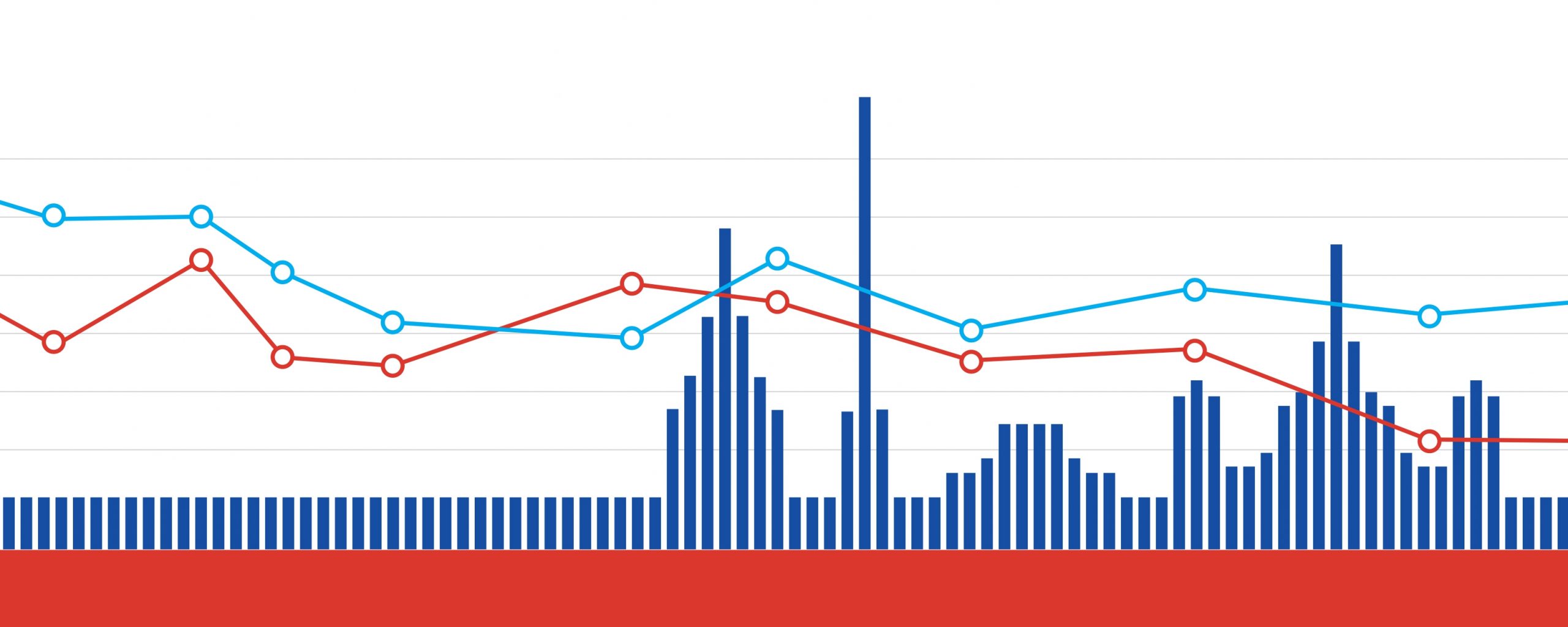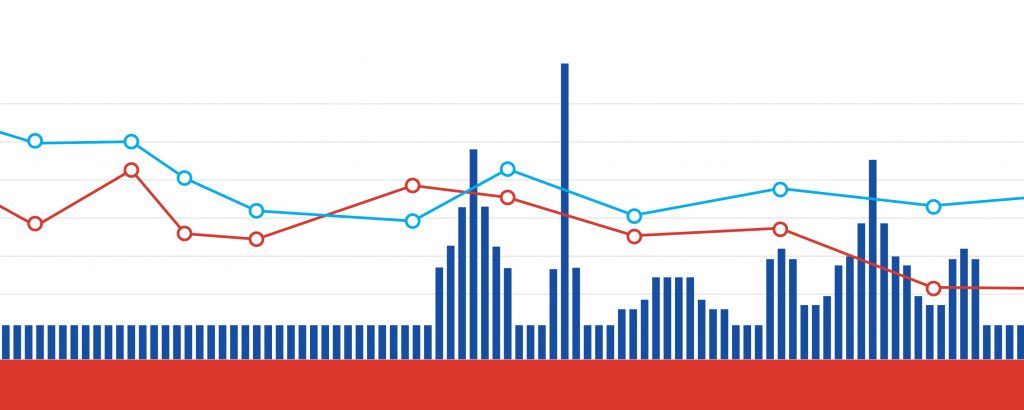
Russian trolls on social networks and media controlled by the Kremlin continue to spread the message that the Baltic states are ‘failed states’ whose ‘industry has only been destroyed after the collapse of the USSR’. The purpose of disseminating such economic messages is to undermine the trust of the citizens of the Baltic states in their public institutions and to increase the pro-Moscow views on foreign policy. This is stated in a new study “The Russian Economy: Prospects for Putin 4.0” by the Centre for East European Policy Studies (CEEPS).
“Pro-Kremlin economic narratives towards the Baltic states strictly follow to the Kremlin’s strategic logic: to create and maintain a negative image of Baltic economies,” tells Martins Kaprans, communications scientist and one of the authors of the new book.
The research reveals that propagandists purposefully compare the economic performance of Latvia, Lithuania and Estonia with the richest European countries, rather than other former Soviet Republics, which are far worse off than the Baltics, whose economies are growing and the grow rates for a number of years have surpassed many other European countries. Deceptors do not care about real facts, they operate with ‘alternative facts’, or more precisely, lies. Attempts are being made to create nostalgia for the ‘good times in the USSR’.
“In short, the pro-Kremlin economic narratives have more to do with geopolitics than with the actual economic reality in the Baltics. In this respect, these narratives construct an alternative reality. The survey data, however, suggest that Latvian and Lithuanian societies might be more vulnerable vis-à-vis the pro-Kremlin economic narratives than Estonian society,” points out Kaprans.
The new book “The Russian Economy: Prospects for Putin 4.0” is freely awailable here.
